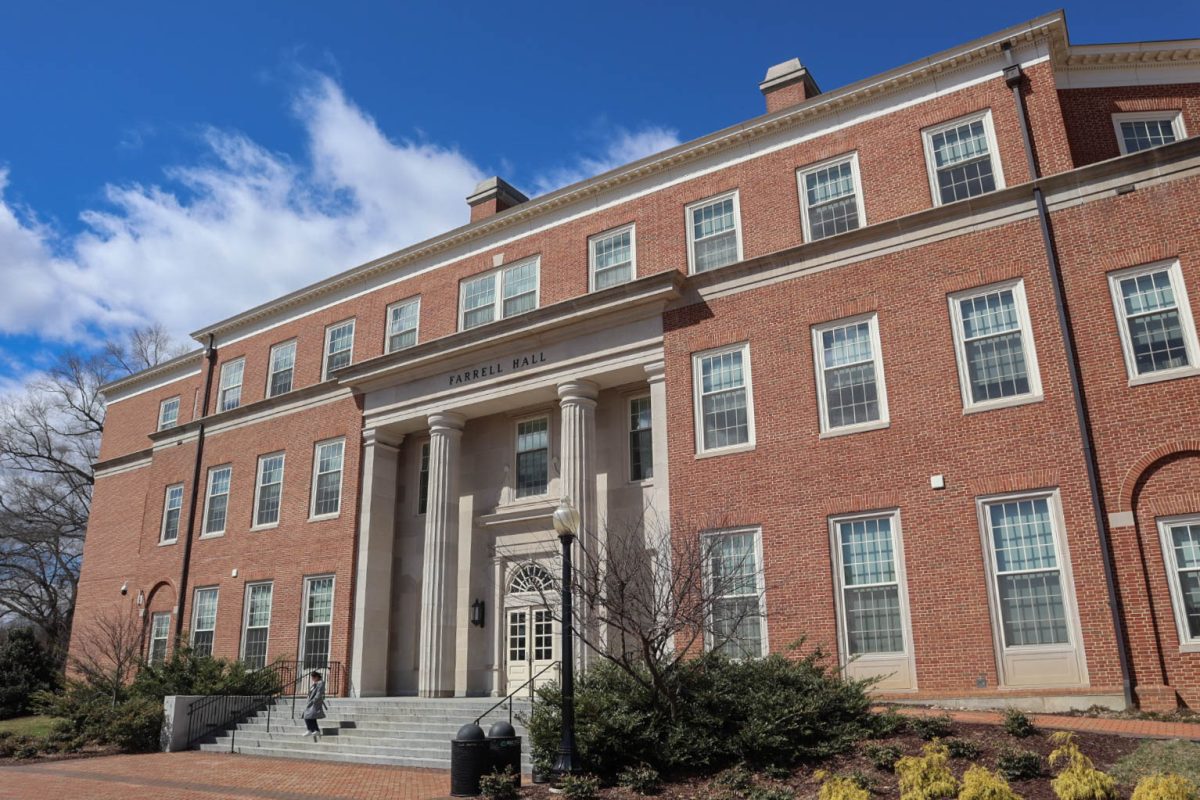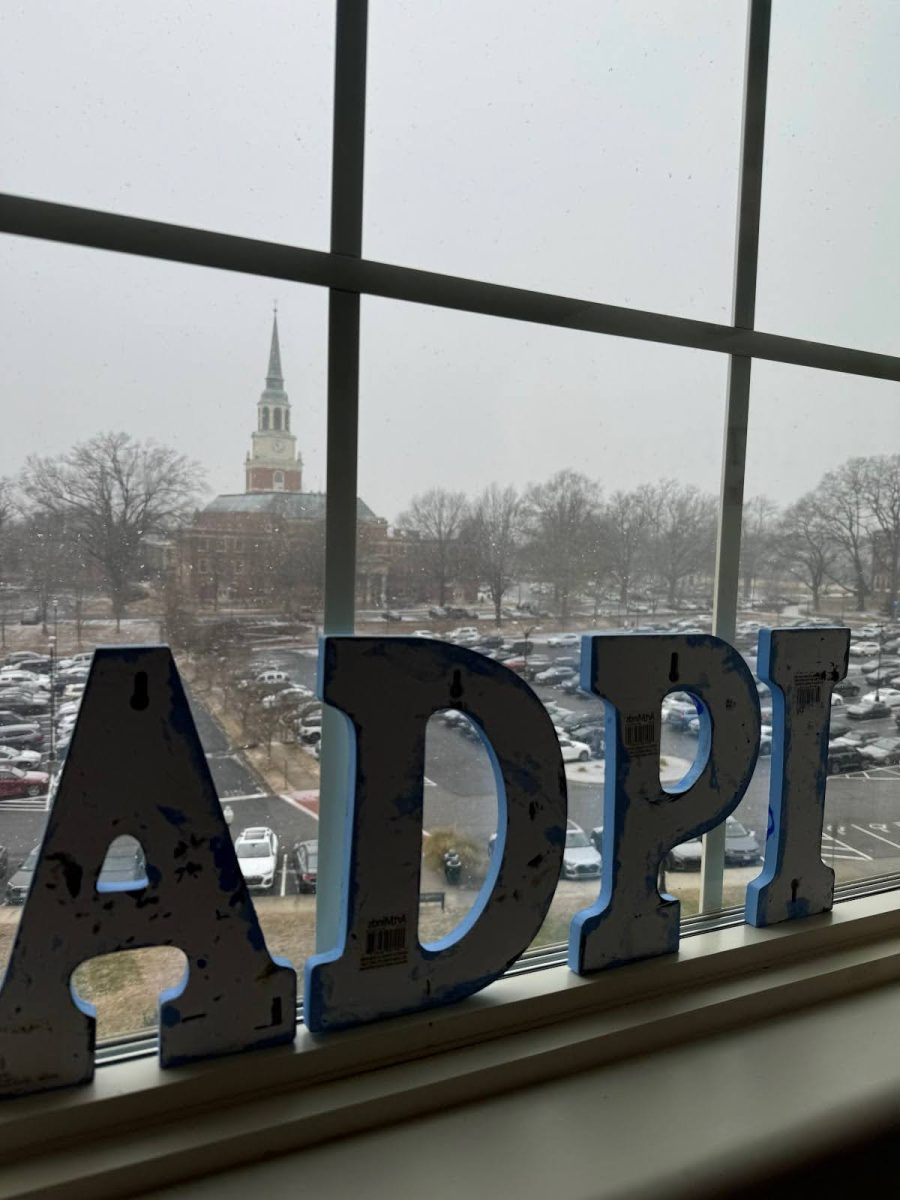An email inbox can feel like a battleground, especially for a university student. One must sort through professor announcements, countless advertisements, endless surveys and the occasional announcement from the school’s leadership. The importance of these emails is often measured by the speed with which they can be deleted: the trivial are instantly trashed; the semi-relevant ones are skimmed; and the crucial ones are carefully read and starred.
The most recent email from Wake Forest’s leadership addresses the anxieties stemming from political shifts and the potential impacts that these changes could have on the academic environment here at Wake Forest. This email should demand a starred designation. However, its contents demand barely more than a glance.
The lack of specificity and heart
While this email is well-intentioned, it lacks the specificity, action and heart to prove effective and meaningful for those it is trying to comfort and support. During times of political uncertainty, it is up to the university to do more than just acknowledge issues — it must advocate for its students and make them feel safe in their school environment. While Wake Forest has attempted this, the recent email from President Susan R. Wente, Provost Michele Gillespie and Executive Vice President Jackie Travisano leaves much to be desired.
The emphasis on upholding Wake Forest’s mission statement and showing compassion for fellow students, faculty and staff is appreciated, but ultimately frustratingly vague. In times when political decisions threaten people’s freedom and well-being, are the measures outlined in these emails sufficient, or does the university need to take more decisive action?
While this email is well-intentioned, it lacks the specificity, action and heart to prove effective and meaningful for those it is trying to comfort and support.
This email uses language that feels too structured and polished to come across as a meaningful statement. Phrases like “we will uphold Wake Forest’s mission” and “we will embrace all people” are important, but they lack the details to make them feel concrete and realistic. What does upholding Wake Forest’s mission look like in action?
Empty words and a lack of action
The email fails to outline this, and so the words come across as empty. The words are carefully polished, which strips them of any heart or real expression. Rather than offering a concrete plan or sympathizing with its students, this message reads like a collection of buzzwords designed to neutralize tensions rather than create tangible change.
A critical deficiency within this email is the absence of real action. While the email briefly mentions some actions that Wake Forest has taken, such as engaging “elected officials, peer institutions and associations” to “anticipate, understand, and respond to federal actions”, these measures do not seem like enough.
The email notes that Wake Forest leadership has been working to understand the policies, but is just understanding these policies enough? The university has a responsibility to proactively defend its students from potential harm. The exclusion of any real commitment to fight unfair legislation stands out as a noticeable omission.
What is truly needed is more of these tangible resources. Financial assistance, legal support and clear protocols for addressing specific situations or threats would have been far more reassuring than empty promises. Without definite plans for the problems that a student might face, how can students trust that the university will respond effectively if and when a situation does arise?
Additionally, the lack of specificity about the issues that people are facing may be doing more harm than good. Phrases like “life-changing interruptions” feel detached from the reality of the severity of the situations that some people are facing. Students are dealing with deportation, discrimination or threats to their education, but the email refuses to specifically acknowledge their struggles. By refusing to name these issues, the university fails to take the crucial first step toward resolving those issues.
The importance of acknowledgement
However, there is some good in this email. It mentions a “cross-functional government affairs steering committee” whose purpose is to guide the leaders of the university as well as update them about the political activity and its potential repercussions. This information will then be given to those who need it most in the Wake Forest community. A hyperlink is added to the email’s contents to direct students to a website that announces the executive orders that affect them. This directory is a nice touch to the email and adds a resource that students can rely on in times of confusion.
By sending this email, President Wente and Wake Forest University’s leadership established important communication with its faculty and students, acknowledging the challenges that are being faced by the people impacted by these policy changes and offering some helpful resources.
However, the email’s lack of direct language and missing action keep it from achieving starred status and being a clarifying beacon in a dark time, instead relegating it to the depths of an email’s trash.















